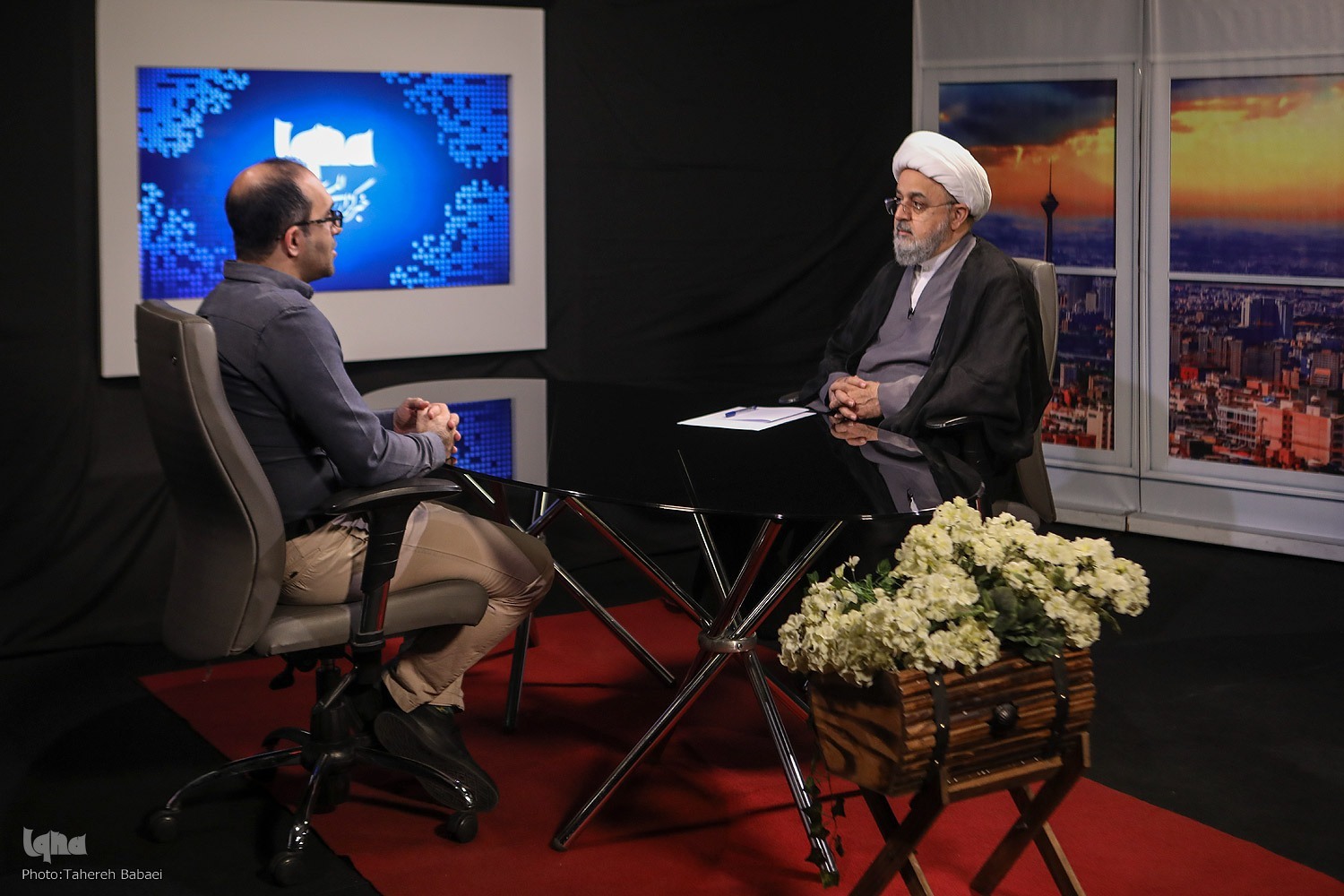Israeli Crimes Creating ‘Unexpected’ Muslim Coalition, Unity: Shahriari

Speaking to IQNA, Hojat-ol-Islam Hamid Shahriari, the secretary general of the World Forum for Proximity of Islamic Schools of Thought (WFPIST), pointed to the history of the West Asia region, noting how colonial powers divided the Muslim nation.
Following world wars, colonial powers imposed division upon the Islamic world, creating smaller states, dividing nations, and establishing borders in ways that often split ethnic groups across boundaries, he said, adding that colonialism fueled ongoing border conflicts and maintained deep divisions among the region’s nations.
Colonial powers, led by the United States, actively worked to expand discord and conflict in the region, making division a central policy, said Shahriari. “Over the past century, one of its most significant moves was the establishment of Israel to use this cancerous tumor to pressure on regional rulers.”
“A criminal gang has been imposed upon our region by these global powers to instill fear, even waging war, as seen in the past year, with the aim of exploiting ethnic rifts. However, they overlooked the possibility that this could inadvertently foster a sense of unity among Muslim countries,” he added.=
The Israeli regime has been invading the besieged Gaza Strip and southern Lebanon in the past year. The two-front Israeli aggression, supported by Western states, has killed more than 45,000 people, mostly women and children, in Gaza and Lebanon.
Read More:
The aggression began after Palestinian resistance movements in Gaza launched Operation Al-Aqsa Flood on October 7 last year, in response to decades of Israeli crimes against Palestinians.
“In my view, Operation Al-Aqsa Flood has halted Israel's efforts to advance projects like the Abraham Accords and other normalization initiatives that conflict with Islamic unity,” Shahriari said, referring to a US-led initiative to normalize ties between the Israeli regime and Islamic countries.
“These efforts have essentially been removed from the agenda and pushed to the margins, so today, few dare to speak openly about relations with the usurping Zionist regime,” he added.
“Meanwhile, Islamic countries’ ethnic and religious alliances are evolving into an unexpected coalition, creating a form of unity among them,” he added, marking Saudi Arabia’s condemnation of the recent Israeli attack on Iran as an example.
Unity diplomacy advancing at three levels
Elsewhere, pointing to efforts to build increased unity among Muslims, the cleric said that “Unity diplomacy is advancing on three levels.”
The first level is popular diplomacy, he said. “We have harnessed the power of media, the internet, and social platforms across the Islamic world’s civilizations. We believe that every person within the Islamic world can act as a voice for unity. Previously unavailable, these tools are now accessible thanks to social media.”
Naming the second level as clerical diplomacy, Shahriari said that Shia and Sunni scholars “rarely interacted” in the past due to travel and communication challenges. “Today, these obstacles are gone, enhancing the potential for clerical diplomacy to foster unity in the Islamic world.”
Read More:
The third level is political diplomacy, he said, adding that the fact that normalization with the Israeli regime has moved off the table, even if not completely dismissed, is a “substantial achievement.”
These three levels of diplomacy have made significant progress over the past year, and people around the world, following the Operation Aqsa Flood, are more aware of the injustices suffered by the people of Gaza and are expressing solidarity with them, he said.
4244882



